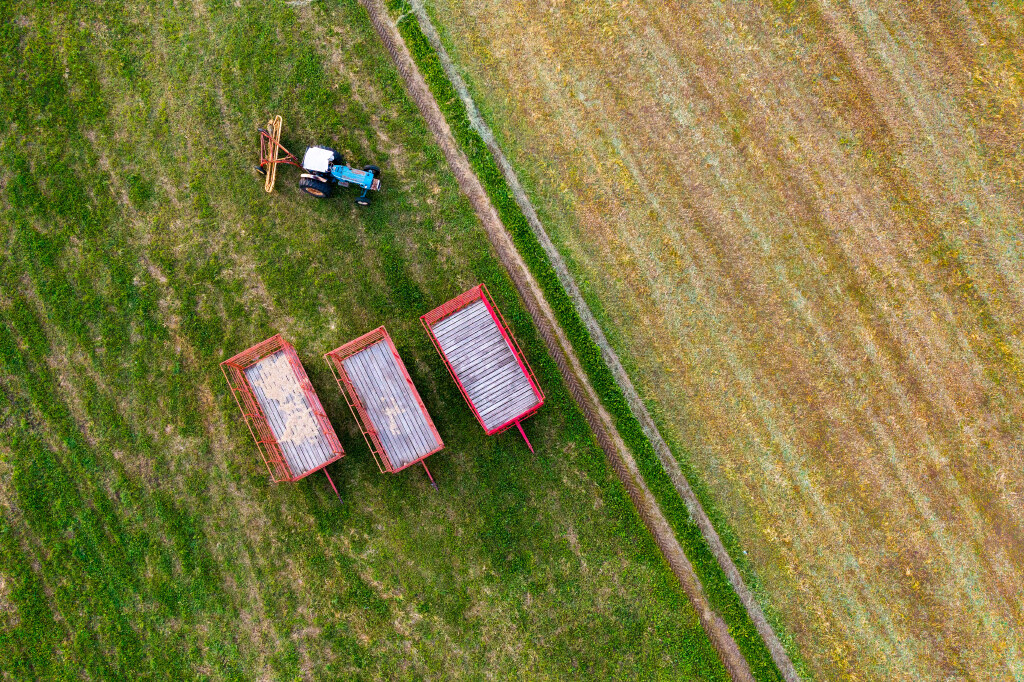Rural and Urban Economies
Community and regional development that anticipates the needs of present and future residents is a function of policies and planning created with knowledge of interlinkages among economic sectors within and between regions. Future economic health requires investments in public infrastructure and services. Click here to view all Zwick Center publications related to Rural and Urban Economies.

Connecticut’s Agricultural Labor Market
Although labor has been deemed to be in chronic shortage for agricultural employers in the U.S., the shortage is more severe in Connecticut as competition from non-agricultural sectors is more intense than in the rest of the country. In this study, we define agriculture as encompassing crop and livestock production, forest products, and the processing of the state's agricultural production. The purpose of this study is to ascertain and document the state of employment, salaries and skills in the Connecticut agricultural sector.

Wine Sales in Grocery Stores
The Connecticut Food Association contracted with the University of Connecticut’s Center for Economic Analysis (CCEA) and Zwick Center for Food and Resource Policy to conduct a comprehensive study to investigate economic and social impacts of a change in State legislation to allow wine to be sold in Connecticut grocery stores. Overall findings from this study strongly suggest that a change in Connecticut legislation to permit wine sales in grocery stores is a no-cost, voter-supported measure that would greatly increase convenience without harming current incumbents.
Research for the Real World